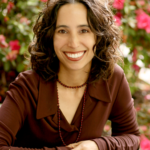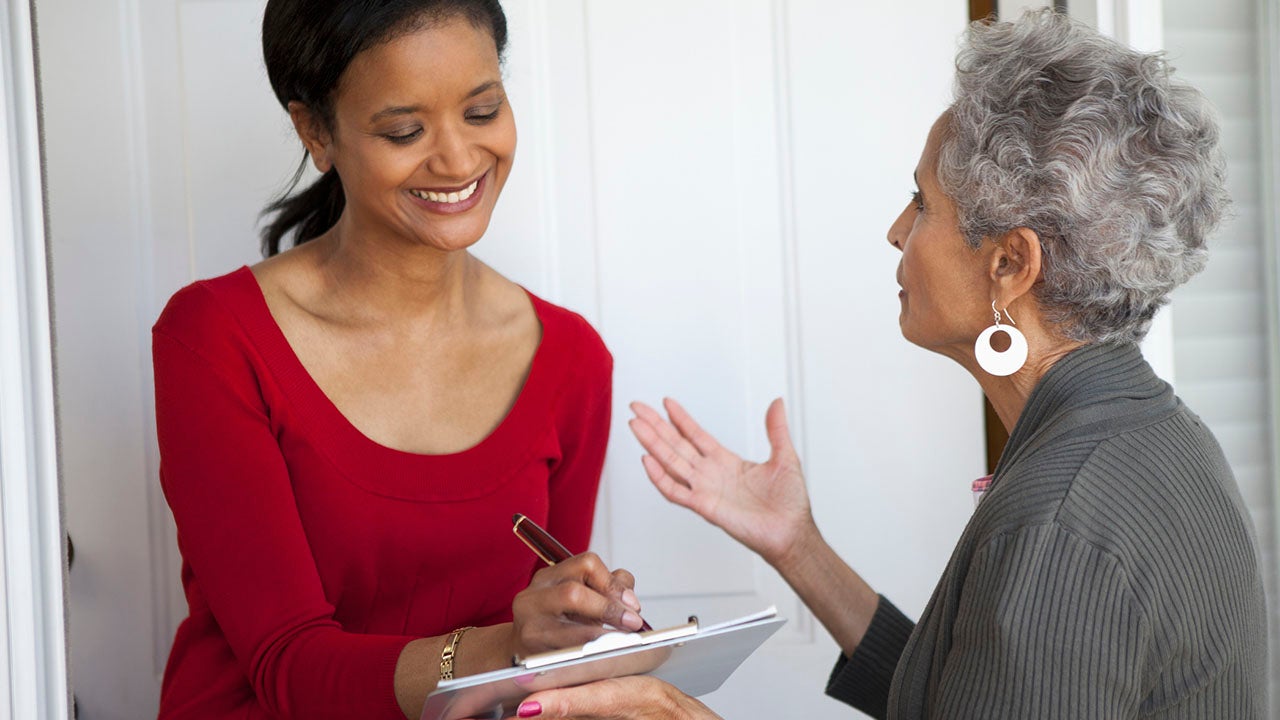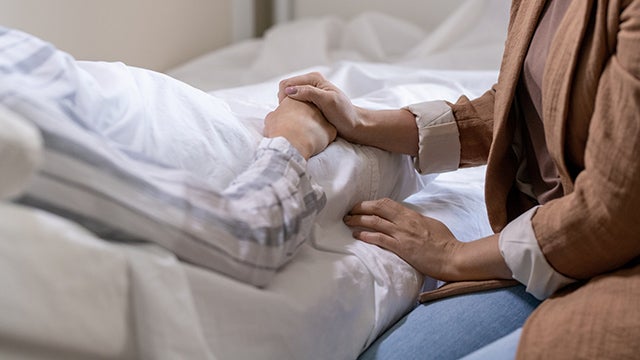“After living through over four months of stay-at-home orders in Los Angeles and trying to re-envision how I work as a rabbi for my congregation, it was affirming to speak with other religious leaders from Birmingham, Chicago, and Los Angeles to reflect on our shared struggles during this time of Covid-19.”
These are the reflections of Rabbi Michelle Missaghieh of Temple Israel of Hollywood, a member of the inaugural cohort of the Inclusive America Project’s Powering Pluralism Network. Built upon our belief in the power of collective impact, the Powering Pluralism Network connects leaders working on and around religious pluralism to share knowledge and expertise, explores possibilities for collaboration, and deepens their individual work.
After a virtual gathering of her Powering Pluralism Network cohort, Rabbi Missaghieh offered her thoughts that, “As one leader in a major metropolitan synagogue, I have studied with other clergy leaders from my own faith as well as the Muslim religion. We used holy text study to process difficult times—when there was a temporary ban on immigration from many predominantly Muslim countries, when mosques around the world were attacked, and when white-supremacists marched in Charlottesville. It is true that these issues were important for all Americans to face, but it’s also true that if you weren’t a minority, it might have been easy to brush aside and ignore these atrocities.
Today, things feel different. Everyone is affected by Covid-19 no matter our religion, skin color, or sexual identity. Many are under the mandate to wear masks and stay home whenever possible. Everyone is struggling to find new ways of connecting to loved ones who we can’t physically visit and adapt to situations at home with loves ones who we are not used to spending 24-7 with.”
We at the Inclusive America Project have also been experiencing this struggle and uncertainty in the wake of the Covid-19 pandemic. However, in the midst of the pandemic and the recent protests in response to the deaths of George Floyd, Breonna Taylor, Ahmaud Arbery, and so many other Black people, faith leaders have demonstrated their vital role across America. Even in these tumultuous times, faith leaders continue to operate at the frontlines, providing emotional, intellectual, and social support to those in need.
It clearer than ever that faith institutions are incredibly important to the social infrastructure of local communities, to the resilience of this country, and its future rebuilding. We believe that thriving religious communities are an integral component of a thriving American religious pluralism. To thrive, religious communities rely on resilient and adaptable faith institutions, and strong faith institutions would not exist without skilled and capable leadership.
Our first meeting of the Powering Pluralism Network was aimed at strengthening that foundational component of leadership, connecting and encouraging leaders of houses of worship and faith-based organizations from around the country. After a lunch session with cohort members from their own city, the larger cohort was split up into two groups for a text-based seminar led by the Institute’s Executive Leadership Seminars team. Rabbi Missaghieh shared two core themes that emerged from the first gathering.
“Connecting. Our Los Angeles cohort that met over lunch consisted of nine people. And while many people already knew each other, some did not. I noticed that I did not even understand some basic facts of another religion, like how in the Baptist tradition an ordained Reverend needs to be elevated and assigned to be a Pastor of a church. I also learned that someone who lives or works outside of the ‘incorporated city of Los Angeles’ doesn’t have access or representation of an elected councilmember and that instead, they need to work with their city supervisor.
Sharing. The second half of our gathering invited us into another small group of leaders from different cities. We each shared what our greatest leadership challenge is at this time. I was deeply moved by many answers: reimagining learning & prayer experiences in a digital space; tending to our emotional health & wellbeing; maintaining our mission at a time of phenomenal distraction; spacing ourselves thoughtfully with sickness, childcare issues & the work that needs to be done; securing the physical maintenance of our sacred property; forging community; navigating issues around race & inclusion; creating a new rhythm in light of Covid-19, Zoom fatigue & having to produce live-streaming services; continuing to advance while being respectful of many who are overwhelmed; envisioning High Holiday Jewish services & fundraising online; and being with those facing the trauma of domestic violence that is erupting during the lockdown.
There aren’t any simple answers to these dilemmas but sharing them with colleagues was affirming. I’m not alone.”
 Rabbi Michelle Missaghieh is the Associate Rabbi at Temple Israel of Hollywood in Los Angeles, CA, and is a member of the Inclusive America Project’s inaugural cohort of the Powering Pluralism Network. The Powering Pluralism Network is an IAP initiative to connect individuals and organizations across faiths and sectors who will have opportunities to build strong, meaningful relationships, learn from one another, and increase their personal leadership and organizational capacity.
Rabbi Michelle Missaghieh is the Associate Rabbi at Temple Israel of Hollywood in Los Angeles, CA, and is a member of the Inclusive America Project’s inaugural cohort of the Powering Pluralism Network. The Powering Pluralism Network is an IAP initiative to connect individuals and organizations across faiths and sectors who will have opportunities to build strong, meaningful relationships, learn from one another, and increase their personal leadership and organizational capacity.
The Inclusive America Project is committed to advancing a thriving US Religious Pluralism and believes an important step to achieving this goal is sharing diverse voices and ideas across our platforms. In this spirit, we are pleased to publish blogs written by external authors working in and around the space.
The views and opinions expressed in this blog do not necessarily reflect those of the Aspen Institute.


